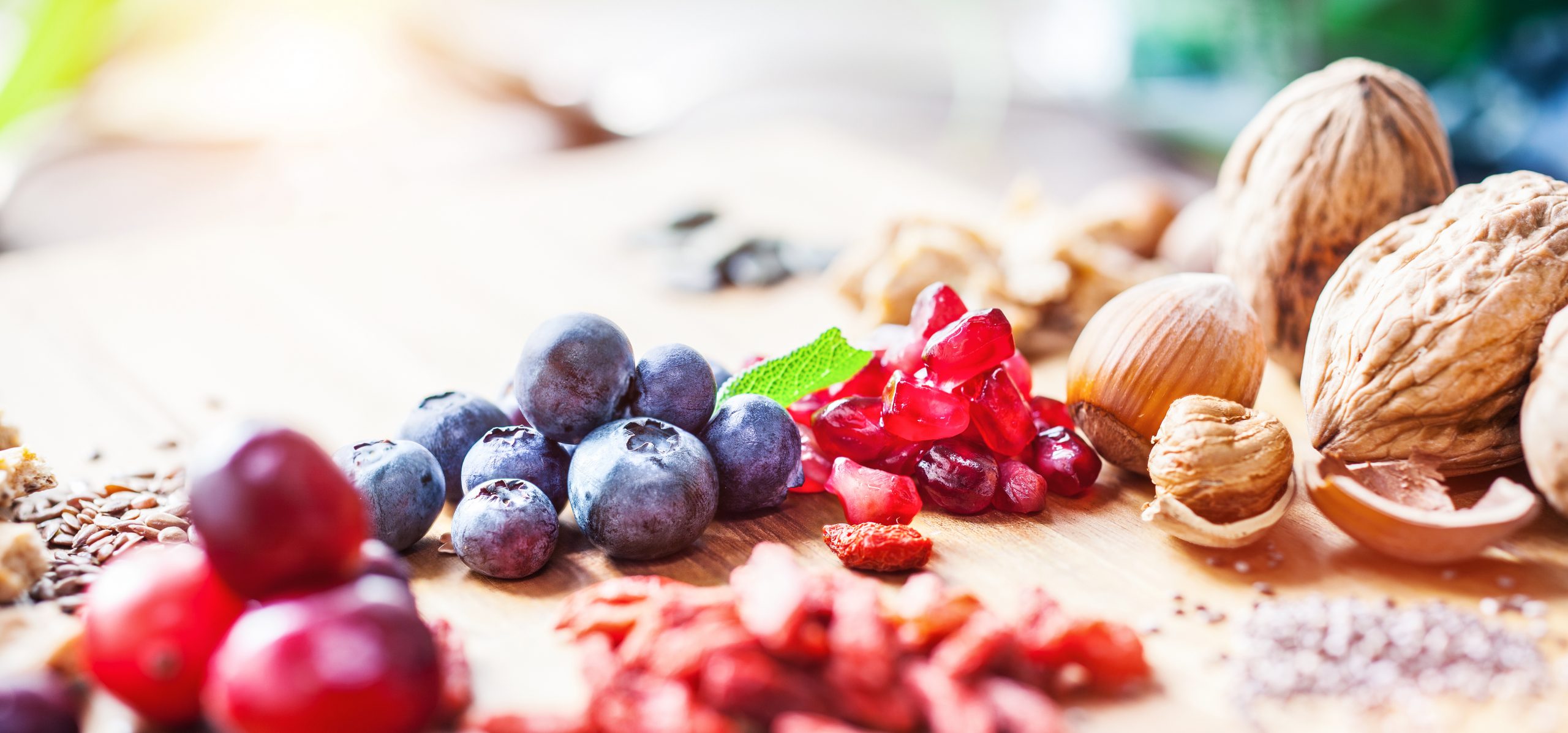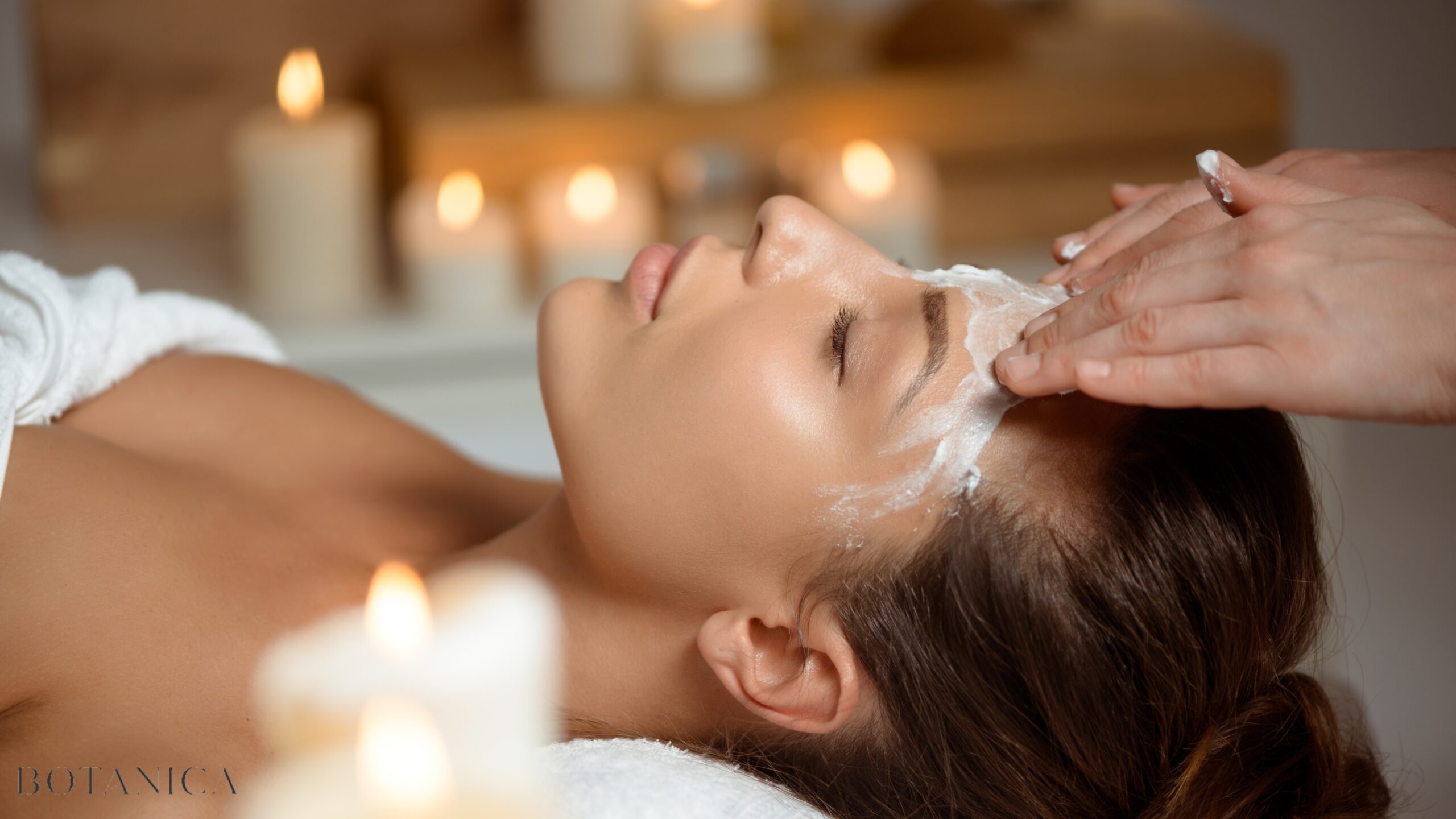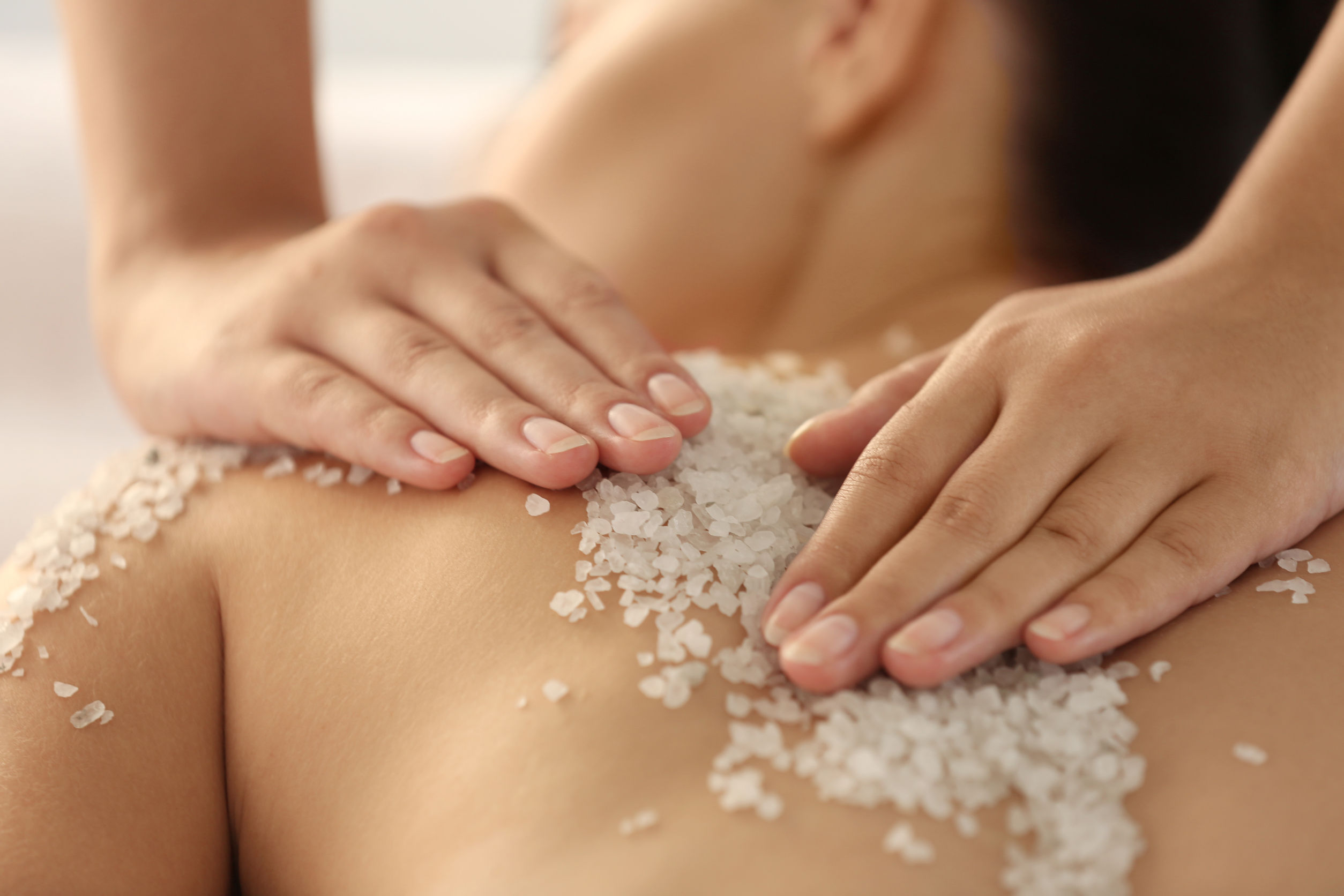
What Antioxidants Do For Protecting Your Skin
When it comes to maintaining beauty, our skin is usually one of our top concerns. Not only is it our largest organ and the most visible part of our body, it is an excellent barometer of our overall health and mood. For this reason, it is not at all unusual for women to spend lots of time and money banishing dull, blemished, and unsightly skin and seeking to create the eternal beauty of youthful, radiant skin.
Obviously, any non-optimum skin condition has a very specific cause, and therefore it should have a very specific solution. We understand that our skin needs to be properly cleaned and hydrated and that while it sheds dead skin cells every twenty-eight days, it needs help with exfoliation in order to remove these layers of dead skin and prevent clogged pores. We know that there are certain vitamins for glowing skin and that if we ensure these vitamins are in our diet we can be better assured of the youthful, radiant skin we desire. But one of the more difficult questions to answer is how to stop, or at least slow, skin’s aging process. Fortunately, among the more interesting skincare facts is the fact that skin ages for a very specific reason, and knowing this, one may yet be able to slow the process.
WHY SKIN AGES
While we cannot see, smell or touch them, free radicals are constantly attacking our skin. These extremely harmful substances are largely created during the processes that generate energy, though they can also come from environmental pollution, smoking, and chemicals that are added to water and food. Free radicals are dangerous because they lack one electron and are therefore unstable, seeking to attack any other substance in order to gain an electron. This means they are constantly trying to destroy cells, tissues, and organs in a chain reaction where one “attack” leads to the creation of a new free radical, which then leads to a new attack and so on. Unfortunately, it only takes a few seconds for millions of free radicals to be created.
Studies have indicated that free radicals may be at least partly responsible for many diseases–especially those that are related to the aging process, like diabetes, heart disease, and arthritis. They can destroy cell function so significantly that they may even cause the death of the cell. Fortunately, there is a way for our body to fight them–through antioxidants.
HOW ANTIOXIDANTS MAY SLOW SKIN AGING
Antioxidants like vitamins C, E, beta-carotene, bioflavonoids, zinc, selenium, and alpha lipoic acid are invaluable in the fight against free radical damage because they have a “spare” electron. When given to an attacking free radical, this spare electron renders the free radical harmless and also simultaneously protects the antioxidant from becoming a new free radical. This means that antioxidants can help to protect against the damaging effects that free radicals can have on the human body, including our skin’s aging process.
One of the most powerful antioxidants currently in existence is oligomeric proanthocyanidin or OPC. This bioflavonoid occurs in plants and is largely found in grape seed extract. Medical studies have indicated that OPC is roughly twenty times more powerful than vitamin C and fifty times more powerful than vitamin E in protecting against free radicals. OPC use is associated with a decreased risk of atherosclerosis, heart attack and stroke, an improvement in allergy, arthritis, asthma, bronchitis and stress ulcer conditions, a reduction of wrinkles due to its protection of vitamin C which helps to create new collagen and elastin, improvement in memory and brain function, and much more.
SLOWING TIME
There may be no way for us to entirely stop the relentless forward motion of time and the effects it has on our skin. However, through the proper use of powerful antioxidants, we can certainly work to stop the damaging effects that free radicals have on our skin so that we can preserve healthier, more youthful skin for longer.
Love,
Gen



Leave a Reply